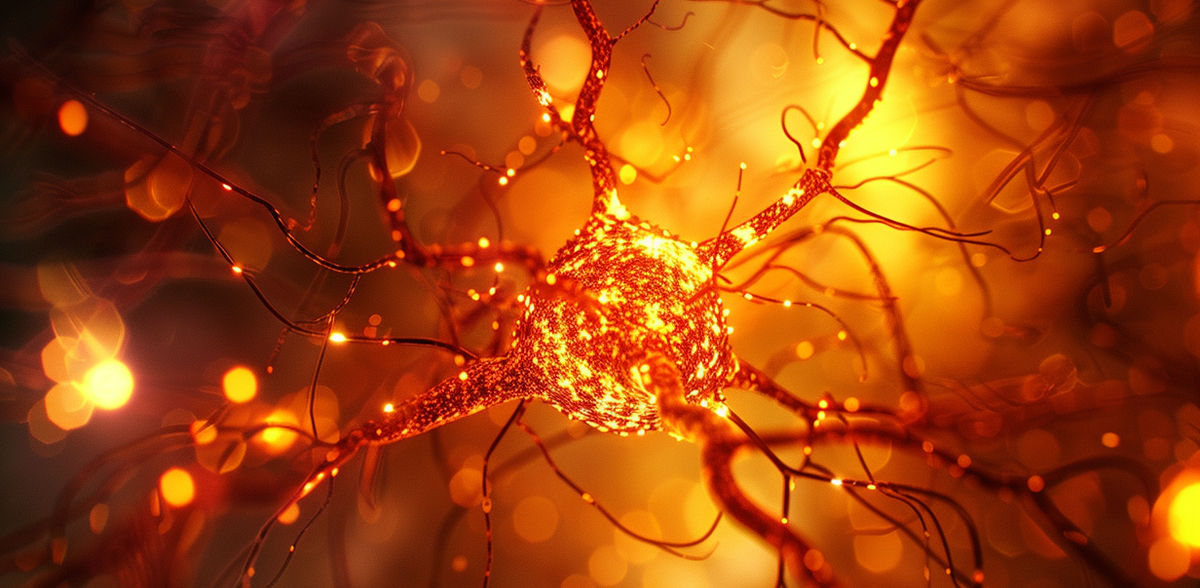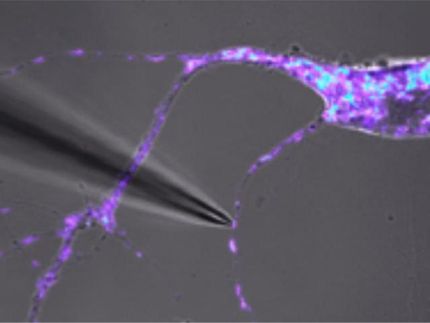Key mechanisms identified for the regeneration of neurons
Researchers have shown how glial cells are reprogrammed into neurons via epigenetic modifications
Neurological disorders, such as trauma, stroke, epilepsy, and various neurodegenerative diseases, often lead to the permanent loss of neurons, causing significant impairments in brain function. Current treatment options are limited, primarily due to the challenge of replacing lost neurons. Direct neuronal reprogramming, a complex procedure that involves changing the function of one type of cell into another, offers a promising strategy. In cell culture and in living organisms, glial cells – the non-neuronal cells in the central nervous system – have been successfully transformed into functional neurons. However, the processes involved in this reprogramming are complex and require further understanding. This complexity presents a challenge, but also a motivation, for researchers in the field of neuroscience and regenerative medicine.
Two teams, one led by Magdalena Götz, Head of the Stem Cell Center Department at Helmholtz Munich, Chair of Physiological Genomics at LMU, and researcher in the SyNergy Cluster of Excellence, and the other led by Boyan Bonev at the Helmholtz Pioneer Campus, explored the molecular mechanisms at play when glial cells are converted to neurons by a single transcription factor. Specifically, the researchers focused on small chemical modifications in the epigenome. The epigenome helps control which genes are active in different cells at different times. For the first time, the teams have now shown how coordinated the epigenome rewiring is, elicited by a single transcription factor.
Using novel methods in epigenome profiling, the researchers identified that a posttranslational modification of the reprogramming neurogenic transcription factor Neurogenin2 profoundly impacts the epigenetic rewiring and neuronal reprogramming. However, the transcription factor alone is not enough to reprogram the glial cells. In an important discovery, the researchers identified a novel protein, the transcriptional regulator YingYang1, as a key player in this process. YingYang1 is necessary to open up the chromatin for reprogramming, to which end it interacts with the transcription factor. “The protein Ying Yang 1 is crucial for achieving the conversion from astrocytes to neurons,” explains Götz. “These findings are important to understand and improve reprogramming of glial cells to neurons, and thus brings us closer to therapeutic solutions.”
Original publication
Allwyn Pereira, Jeisimhan Diwakar, Giacomo Masserdotti, Sude Beşkardeş, Tatiana Simon, Younju So, Lucía Martín-Loarte, Franziska Bergemann, Lakshmy Vasan, Tamas Schauer, Anna Danese, Riccardo Bocchi, Maria Colomé-Tatché, Carol Schuurmans, Anna Philpott, Tobias Straub, Boyan Bonev, Magdalena Götz; "Direct neuronal reprogramming of mouse astrocytes is associated with multiscale epigenome remodeling and requires Yy1"; Nature Neuroscience, 2024-7-2
Most read news
Original publication
Allwyn Pereira, Jeisimhan Diwakar, Giacomo Masserdotti, Sude Beşkardeş, Tatiana Simon, Younju So, Lucía Martín-Loarte, Franziska Bergemann, Lakshmy Vasan, Tamas Schauer, Anna Danese, Riccardo Bocchi, Maria Colomé-Tatché, Carol Schuurmans, Anna Philpott, Tobias Straub, Boyan Bonev, Magdalena Götz; "Direct neuronal reprogramming of mouse astrocytes is associated with multiscale epigenome remodeling and requires Yy1"; Nature Neuroscience, 2024-7-2
Topics
Organizations
Other news from the department science

Get the life science industry in your inbox
By submitting this form you agree that LUMITOS AG will send you the newsletter(s) selected above by email. Your data will not be passed on to third parties. Your data will be stored and processed in accordance with our data protection regulations. LUMITOS may contact you by email for the purpose of advertising or market and opinion surveys. You can revoke your consent at any time without giving reasons to LUMITOS AG, Ernst-Augustin-Str. 2, 12489 Berlin, Germany or by e-mail at revoke@lumitos.com with effect for the future. In addition, each email contains a link to unsubscribe from the corresponding newsletter.






















































